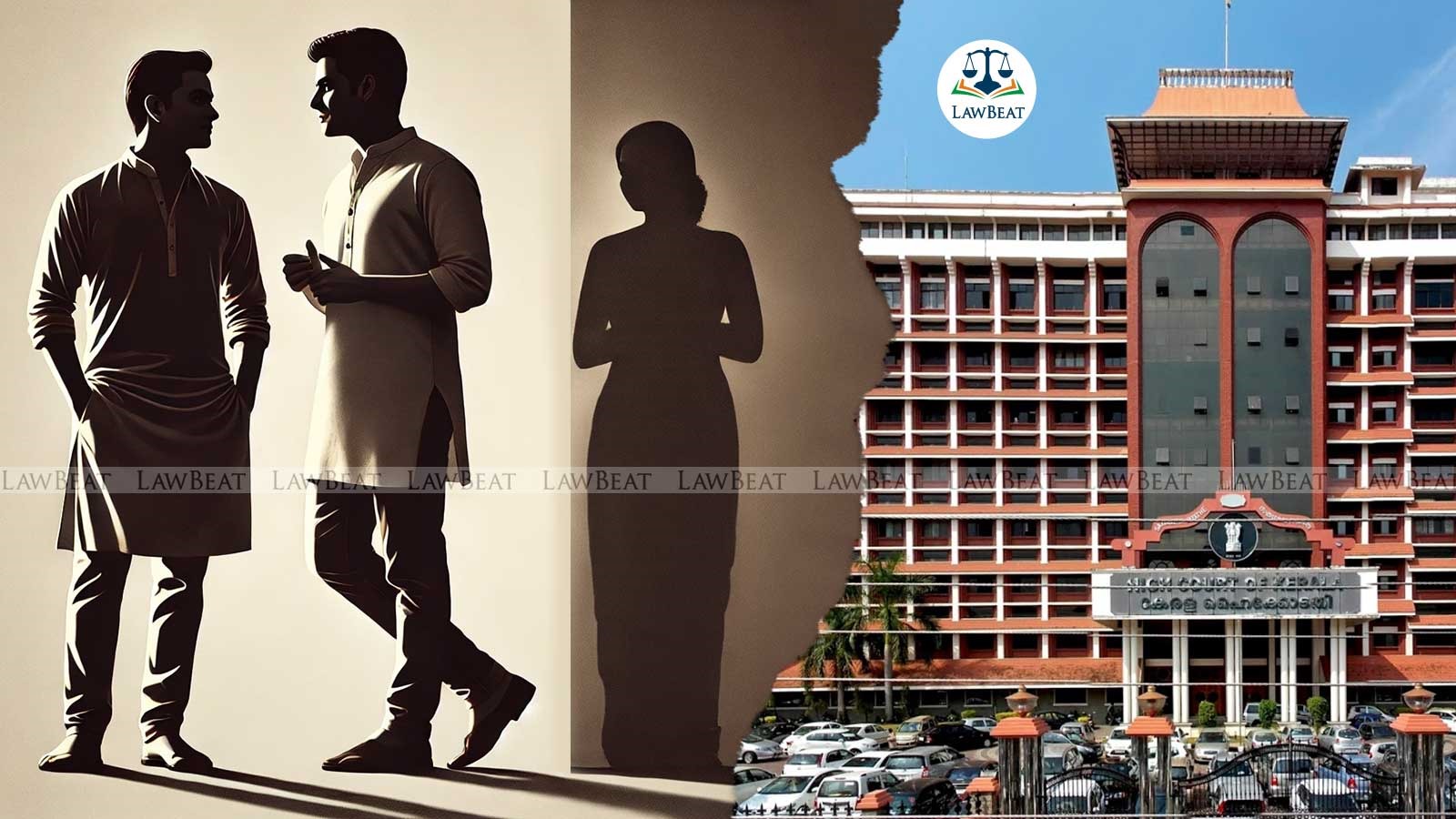Calling a Woman a Prostitute in Public Not 'Insult to Modesty' Under Section 509 IPC, May Attract Some Other Offence : Kerala HC

The court noted that the complainant did not claim the petitioners made the derogatory remarks directly to her, nor was there evidence that the statements were intended for her to hear, as required by Section 509
The Kerala High Court has held that referring to a woman as a prostitute in front of others does not amount to an insult to her modesty under Section 509 of the Indian Penal Code (IPC). However, the court clarified that the allegations made in this case may attract some other offence.
The court, presided over by Justice A. Badharudeen, observed that, “mere utterance of unpleasant or abusive words without an intention either to insult the modesty of the woman or to intrude upon the privacy of such woman would not attract offence under S.509 of IPC,” referring the previous judgment by the High Court in the case of Joseph M.V. v. State of Kerala.
The case arose from an incident where the petitioners, who resided in the same apartment building as the complainant, allegedly made defamatory remarks in and around the premises, calling the complainant a prostitute. The remarks were reportedly made to other residents and nearby shopkeepers. Based on the complainant's statement, a police case was registered and investigated. Subsequently, the police filed a final report accusing the petitioners of offences punishable under Section 509, read with Section 34 of the IPC, and the Magistrate took cognizance of the matter.
The petitioners sought the quashing of proceedings, contending that even if the remarks attributed to them were defamatory, they did not constitute an offence under Section 509 IPC. The petitioners cited previous rulings, including the case of Sibi v. State of Kerala, where the court held that an insult to modesty under Section 509 requires the offensive words to be directly communicated to the woman, with the intent that she hears or sees them. Additionally, the petitioners, relying on precedents such as Ramesh v. Sub Inspector of Police and Joseph M.V. case, argued that Section 509 applies to words, gestures, or acts intended to insult a woman's modesty. Since the alleged remarks were made to third parties and not directly to the complainant, they did not fall within the purview of Section 509 IPC.
The court highlighted that Section 79 of the Bharatiya Nyaya Sanhita, 2023 (BNS), which corresponds to Section 509 of the IPC, outlines that anyone who intends to insult a woman’s modesty by uttering words, making sounds or gestures, or displaying any object intended to be heard or seen by the woman, or intrudes upon her privacy. Referring to the above provisions, the court emphasised that “offence is not at all made out since the defacto complainant has no case that the accused persons used the derogative text directly to the defacto complainant either to be heard or to be seen by her and the allegation is that the accused stated so to the inmates of the flat and nearby shop owners and the defacto complainant has no direct knowledge regarding the same.”
The court further explained that the second part of Section 509, dealing with intrusion upon a woman's privacy, was not applicable in this case. The term "intrude" implies entering a space or situation without consent. Since the remarks were made to third parties and not directed at the complainant, this did not constitute an intrusion upon her privacy. “Even though the statement alleged to be spoken by the accused persons was not intending to be heard by the defacto complainant or seen by her, but to third parties, it may attract some other offence, the same itself would not constitute an offence dealt in second part of Section 509 of IPC prima facie,” observed the court.
Given these considerations and noting that the dispute arose from differences in a residence association, the court allowed the petition and quashed the proceedings against the accused.
Cause Title: Anson I. J. and Others v. State of Kerala and Others [Crl.M.C. 4854 of 2021]
Representation: Advocates John Sebastian Ralph V., Vishnu Chandran, Ralph Reti John, Giridhar Krishna Kumar, Appu Babu, Vishnumaya M. B., Geethu T. A., Apoorva Ramkumar (for Petitioners) and Senior Public Prosecutor Renjit George
And Advocates P. V. Saritha Venugopal, Basil Mathew (for Respondents)
